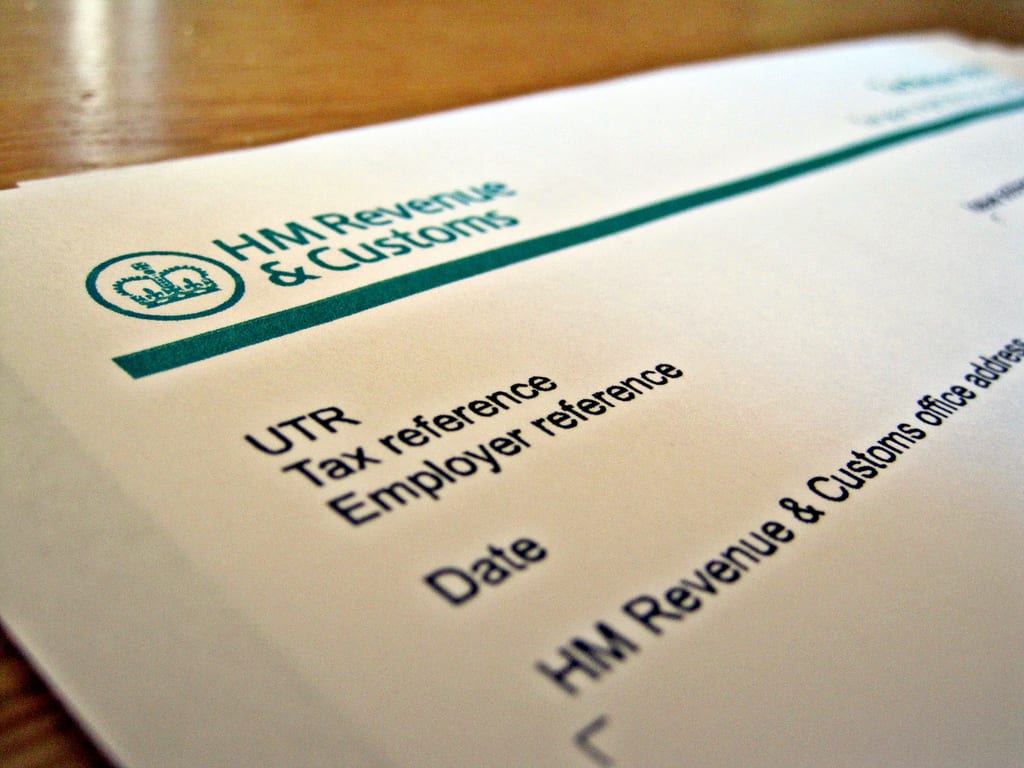Making legal aid fairer for taxpayers
The Government have put out to consultation their plans to “improve” the legal aid system. This will include tackle high costs and making the system more efficient.
The consultation, entitled “Transforming Legal Aid” comes at the same time as the Justice Secretary signalled his intention to explore ways of making convicted criminals pay for more of their criminal justice costs – measures which could include paying back their court costs and legal aid.
The Government’s intention is to tackle areas which are destroying public confidence – such as legal aid for wealthy defendants who can afford to pay their own costs routinely receiving legal aid criminal legal aid and aid being given to prisoners for unnecessary issues. With legal aid now costing taxpayers more than £1 billion every year, the Government is keen to ensure that they will get the best value for taxpayers’ hard-earned money by cutting the costs of the most expensive cases by just under a third, introducing competition to improve efficiency and allow providers to determine the best price at which they can offer their services, and also reforming fee schemes to support earlier and quicker resolution of cases.
Justice Secretary Chris Grayling said:
‘We have an excellent tradition of legal aid and one of the best legal professions in the world. But we cannot close our eyes to the fact legal aid is still costing too much. It is not free money, it is paid for by hard-working taxpayers, so we must ensure we get the very best value for every penny spent.
‘I am clear we will continue to uphold everyone’s right to a fair trial but that doesn’t mean we shouldn’t look again at how the system which provides this is operated.’
The consultation puts forward proposals to make the criminal legal aid system operate more efficiently and save £220 million from legal aid bills in 2018/19. Among the suggestions which it contains are:
- Removing criminal legal aid in prison law cases that do not justify the use of public money – such as complaints about the category of prison or correspondence a prisoner is allowed.
- Introducing a threshold on Crown Court legal aid to stop wealthy defendants with an annual household disposable income of £37,500 or more being automatically granted legal aid.
- Introducing a residency test so that only those with a strong connection to the UK are able to receive civil legal aid.
- Discouraging weak judicial review cases by tightening up the payment mechanism, only paying providers for work done on bringing a claim once the judge has agreed the case is strong enough to proceed.
- Making it harder for claimants to use civil legal aid to bring speculative cases by tightening the test so that all cases must have at least a 50% chance of success to be funded.
- Introducing competition for legally-aided advice and representation (not including Crown Court advocacy).
- Restructuring the Crown Court advocacy fee scheme by paying the same rates to advocates irrespective of whether there is an early or a late guilty plea or a short trial.
- Reducing the amount spent on Criminal Very High Cost Cases by 30%.
- Reducing certain legal aid fees paid in civil cases and to experts. These proposals will ensure that fees paid are fair and consistent with those paid for similar work, that they reflect efficiencies of reforms in the justice system and represent value for money.
The consultation, which is entitled ‘Transforming legal aid: delivering a more credible and efficient system’ is open for responses from 9 April until 4 June 2013 and can be found on the Justice web site.
If you have any questions regarding legal aid, or you wish to speak to our legal team about any other concerns you may have, please contact us today.


